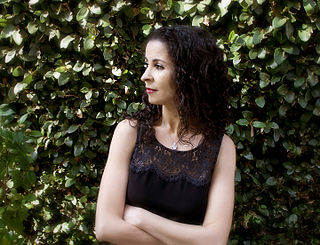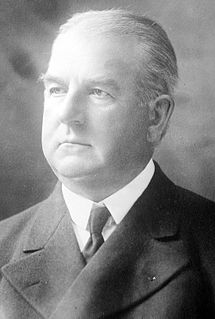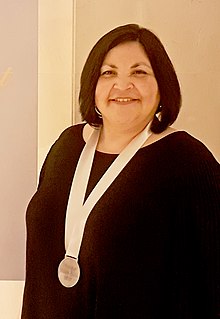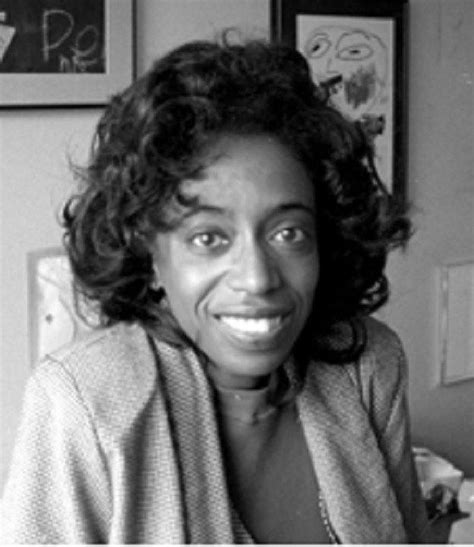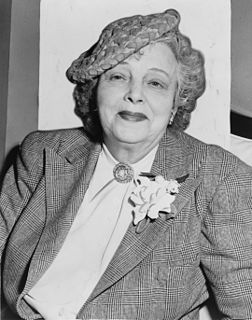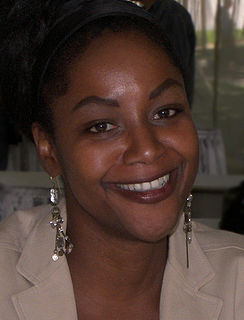Top 1200 American Writer Quotes & Sayings
Explore popular American Writer quotes.
Last updated on December 21, 2024.
Evidently, there are many great American writers. But sometimes it can feel as though American fiction is dominated by relatively linear narrative form, with a heavy emphasis on psychological realism. If you limit yourself to a certain kind of American literary fiction, it's easy to forget about the different kinds of books that are being written. You can forget to be ambitious, both as a reader and a writer.
Of course I'm a black writer... I'm not just a black writer, but categories like black writer, woman writer and Latin American writer aren't marginal anymore. We have to acknowledge that the thing we call "literature" is more pluralistic now, just as society ought to be. The melting pot never worked. We ought to be able to accept on equal terms everybody from the Hasidim to Walter Lippmann, from the Rastafarians to Ralph Bunche.
I say "on principle" [regarding 'lesbian writer'] because whenever you get one of your minority labels applied, like "Irish Writer," "Canadian Writer," "Woman Writer," "Lesbian Writer" - any of those categories - you always slightly wince because you're afraid that people will think that means you're only going to write about Canada or Ireland, you know.
It seems to me that you are better off, as a writer and as an American, in a small town than you'd be in New York. I thoroughly detest New York, though I have to go there very often.... Have you ever noticed that no American writer of any consequence lives in Manhattan? Dreiser tried it (after many years in the Bronx), but finally moved to California.
You see the one thing I've always maintained is that I'm an American Indian. I'm not a Native American. I'm not politically correct. Everyone who's born in the Western Hemisphere is a Native American. We are all Native Americans. And if you notice, I put American before my ethnicity. I'm not a hyphenated African-American or Irish-American or Jewish-American or Mexican-American.
One of the most useful parts of my education as a writer was the practice of reading a writer straight through - every book the writer published, in chronological order, to see how the writer changed over time, and to see how the writer's idea of his or her project changed over time, and to see all the writer tried and accomplished or failed to accomplish.
I'm not a sketch writer. I know what I am: I have a sensitive comedic sensibility. What turns me on is subtle neurosis. That's my game. I'm not an action writer or a thriller writer and I'm not a sketch writer. I don't pretend to be those things. Then it would not be fun. Then you are in a space where this is painful.
Right now in American writing there is no genre as exciting as memoir - the writer can do anything, as long as it works. It's like the 1920s up in this joint. So, I'd say, experiment with how you tell the story. In the best memoir it's not the what, it's how the writer tells the what - meaning and effect through form.
The English tourist in American literature wants above all things something different from what he has at home. For this reason the one American writer whom the English whole-heartedly admire is Walt Whitman. There, you will hear them say, is the real American undisguised. In the whole of English literature there is no figure which resembles his - among all our poetry none in the least comparable to Leaves of Grass
There's the fact that American fiction is basically the most apolitical fiction on the globe. A South American writer wouldn't dare think of writing a novel if it didn't allude to the system into which these people are orchestrated - or an Eastern European writer, or a Russian writer, or a Chinese writer. Only American writers are able to imagine that the government and the corporations - all of it - seem to have no effect whatsoever.
Although I write in English, and despite the fact that I'm from America, I consider myself an Armenian writer. The words I use are in English, the surroundings I write about are American, but the soul, which makes me write, is Armenian. This means I am an Armenian writer and deeply love the honor of being a part of the family of Armenian wrtiters.
Be wary of feeling as through there is not enough room at the table. Oftentimes a female Chinese-American might feel as through she is in competition with another Chinese-American woman writer of the same generation. A writer friend of mine calls it the "There Can Only Be One ..." syndrome. This isn't "Survivor." The more good writers, of all walks of life and all ethnicities and persuasions, the better.
Does people not asking me about Asian American literature mean they don't see it as its own literary tradition? I certainly believe in it as its own literary tradition, because your race plays a great factor in how you are seen by the world, and how you see the world; the fact that I'm an Asian American isn't incidental to who I am as a writer. Where it becomes difficult is defining what, if anything identifiable at all, makes an Asian American book an Asian American book, other than the fact of its creator being Asian. And I'd argue that there is nothing identifiable beyond that.
Oh, I love labels, as long as they are numerous. I'm an American writer. I'm a Nigerian writer. I'm a Nigerian American writer. I'm an African writer. I'm a Yoruba writer. I'm an African American writer. I'm a writer who's been strongly influenced by European precedents. I'm a writer who feels very close to literary practice in India - which I go to quite often - and to writers over there.
I see myself as, first and above all, a teacher of history; next, a writer of European history; next, a commentator on European affairs; next, a public intellectual voice within the American left; and only then an occasional, opportunistic participant in the pained American discussion of the Jewish matter.
William Maxwell's my favorite North American writer, I think. And an Irish writer who used to write for 'The New Yorker' called Maeve Brennan, and Mary Lavin, another Irish writer. There were a lot of writers that I found in 'The New Yorker' in the Fifties who wrote about the same type of material I did - about emotions and places.
Things have changed in Latin America now. We mostly have democratic governments in Latin America, so the position of the writer has changed. It is not as Neruda used to say, that a Latin American writer walks around with the body of his people on his back. Now, we have citizens, we have public means of expression, political parties, congress, unions. So, the writer's position has changed, we now consider ourselves to be citizens - not spokespeople for everybody - but citizens that participate in the political and social process of the country.




